Djokovic on the greatest sportsman debate: “If I wasn’t from Serbia, I’d have been glorified on a sporting level many years ago, especially in the west”
The Serb has now won 24 Grand Slam titles, equalling the all-time record set by Margaret Court
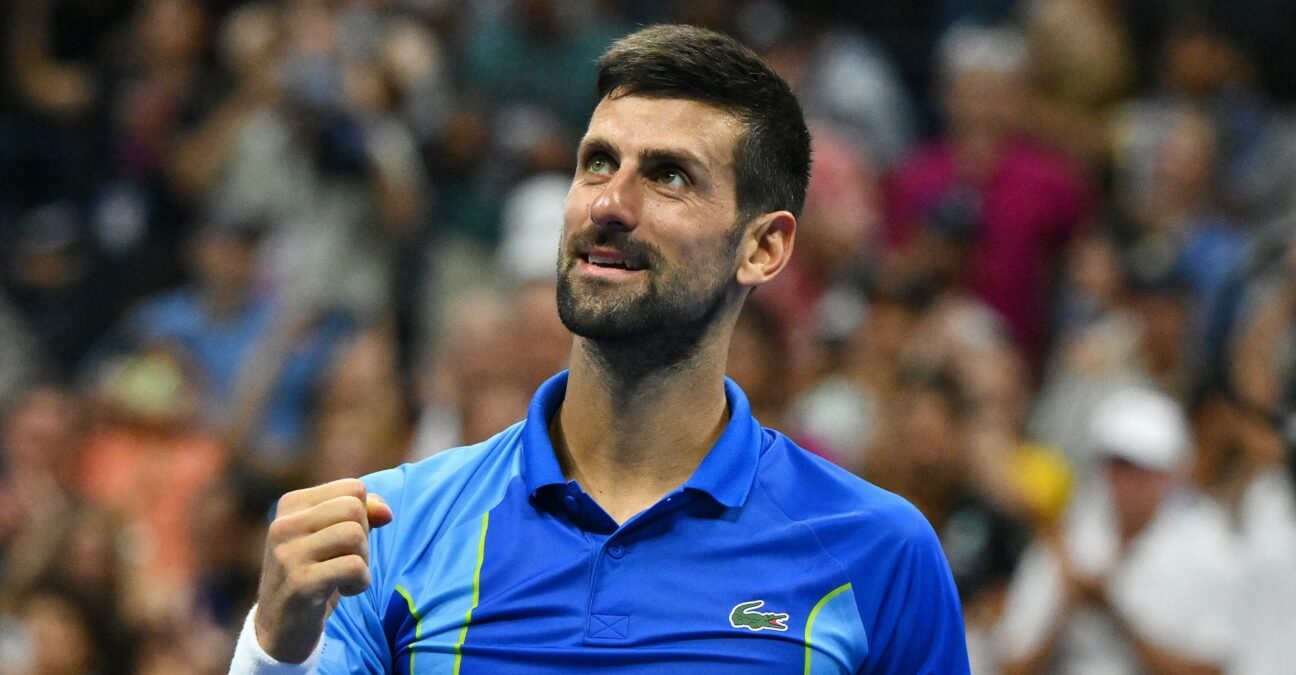 Chryslene Caillaud/Panoramic
Chryslene Caillaud/Panoramic
For most people, the discussion about who is the GOAT in men’s tennis is done and dusted. Novak Djokovic‘s win over Daniil Medvedev at the US Open on Sunday night means he’s now two clear of Rafael Nadal (and four ahead of Roger Federer) with 24 slams to his name.
He’s now level with Margaret Court on 24 and since he can only really be judged against his peers, Djokovic has the numbers sealed up.
But what of an even bigger pub debate; could he be the greatest sportsman of all time? Of course, it’s absolutely impossible that everyone will ever agree on such a topic and comparing different sportsmen and women, in different eras, is almost pointless.
But that didn’t stop the question being asked to Djokovic when he spoke to Serbian media at the end of his media duties following his US Open triumph. Could he be the best ever, in any sport?
“I leave that to you guys and all the others, whether I deserve to be a part of that debate,” Djokovic said. “One thing is a fact, though – if I wasn’t from Serbia, I’d have been glorified on a sporting level many years ago, especially in the west.
“But that’s part of my journey, I am grateful and proud to come from Serbia – because of that, all of these accomplishments are sweeter and even more fulfilling.”
Background crucial to Djokovic’s success
In his on-court speech, Djokovic repeated something he’s said many times in the past, stressing his upbringing and how being a professional sportsman, let alone someone who would go on to win 24 slams and be ranked world No 1 for longer than anyone else, was an incredible, almost impossible dream, come true.
And speaking to international media in his general press conference, Djokovic explained why his background was so important to him and why his childhood goals of winning Wimbledon and becoming No 1 were so far-fetched it was even more remarkable that he had been able to achieve them.
“I mean, that was already, you know, incredibly high ambition for someone coming from a family with no tennis tradition, for a boy in Serbia going through sanctions and embargo, war-torn country, and being part of the very expensive and unaffordable, unaccessible sport,” he said.
Djokovic: “It was extremely difficult with lots of adversities”
“The odds were pretty much against me and my family, but, you know, we did it. I say “we,” because I owe a lot to my family, to my parents who sacrificed so much for me to be here. And that’s not a cliché. I really mean it. It was extremely, extremely difficult with lots of adversities that they had to face and atrocities that when you think about it, you know, the last thing you want to think about is supporting maybe your child in expensive sport.
“It was more about bringing the bread to the kitchen table, you know, at that point. So reflecting on the whole journey, it’s been an incredible, incredible ride that we all can be very proud of. This kind of upbringing, really, and experiences I had in childhood really allows me to appreciate this moment or any other moments that I experienced, big moments in my career in the history of this sport.”

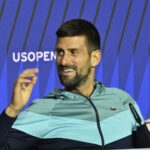
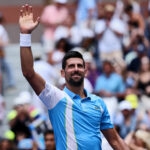
People in this post
More tennis news
Alcaraz pays tribute to Nadal: “I wish I had come to the circuit earlier”
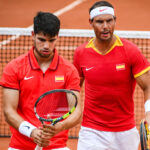
Nadal: “I leave with the peace of mind that I have left a legacy”
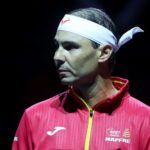
G.O.A.T, Roland-Garros, 22 majors, father: Everything you always wanted to know about Rafael Nadal (but never had time to find out) – updated after retirement at Davis Cup 2024
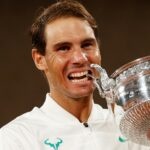
November 20, 1988: The day Gabriela Sabatini won her first big title
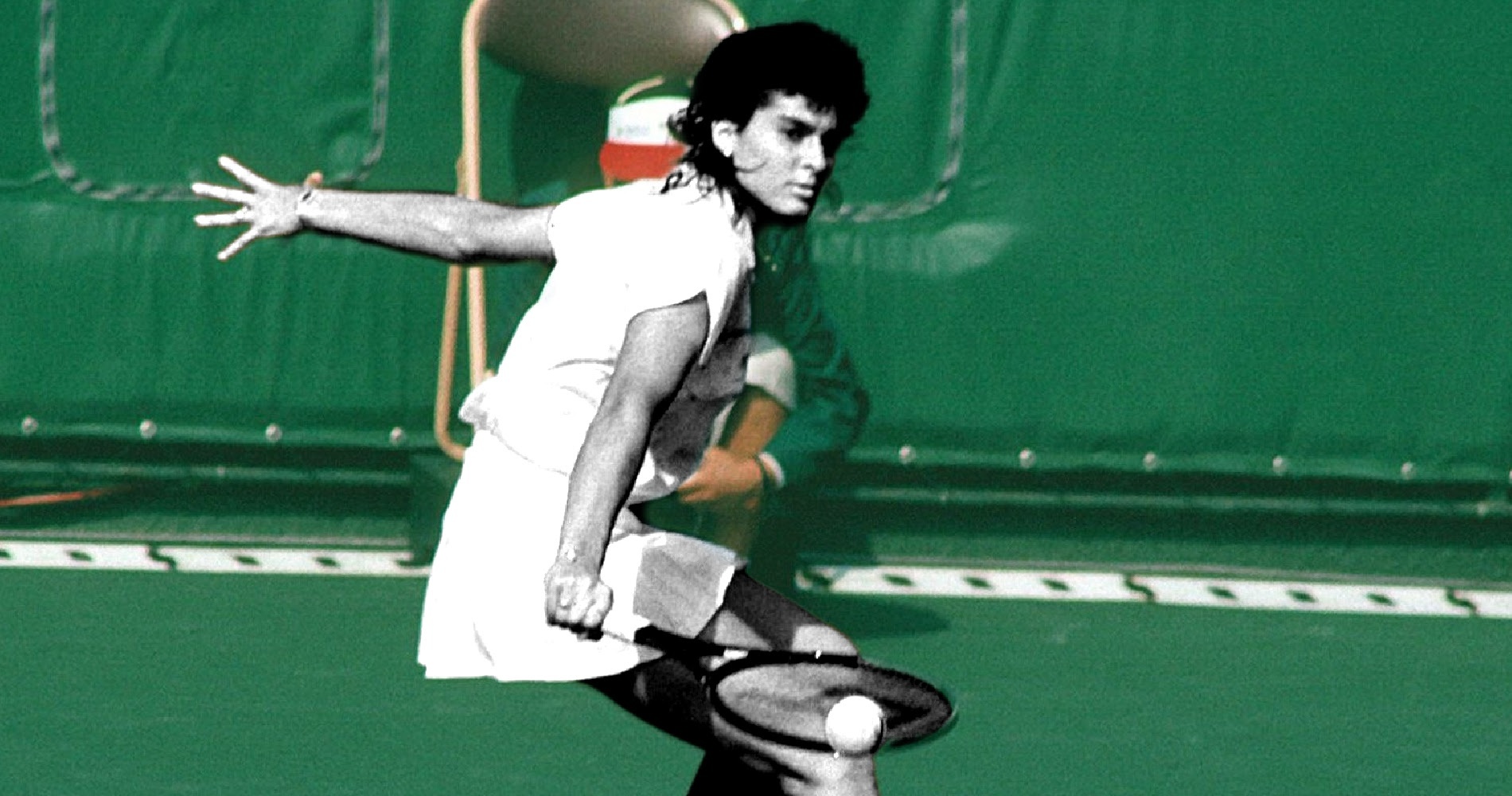
LP Open by IND: Stojanovic into last 16


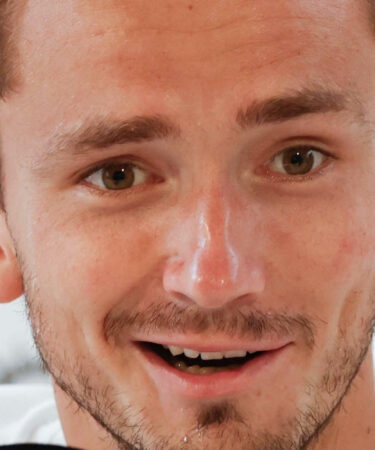
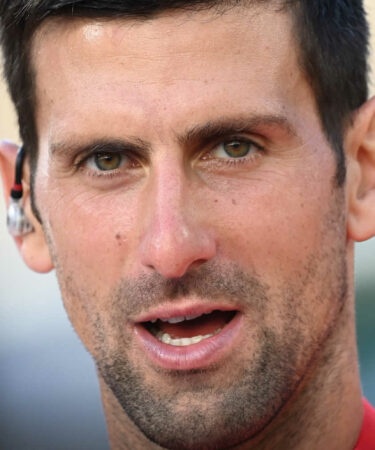
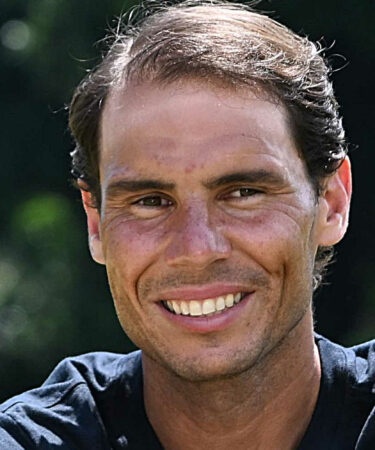

Life is fiIIed with hardships For most of us,and we strive and succeed in spite of them. Some locally and unnoticed. Some on the world stage. We all should be proud of Novak, and humble in our expressions of our successes, acknowledging upon whose shoulders we are standing.